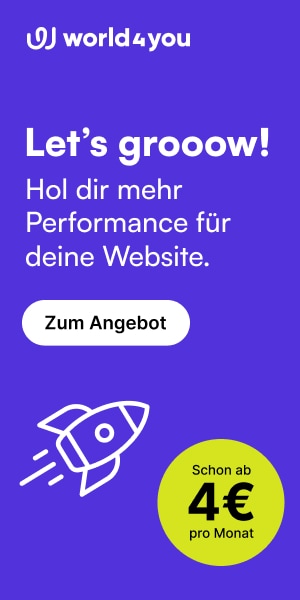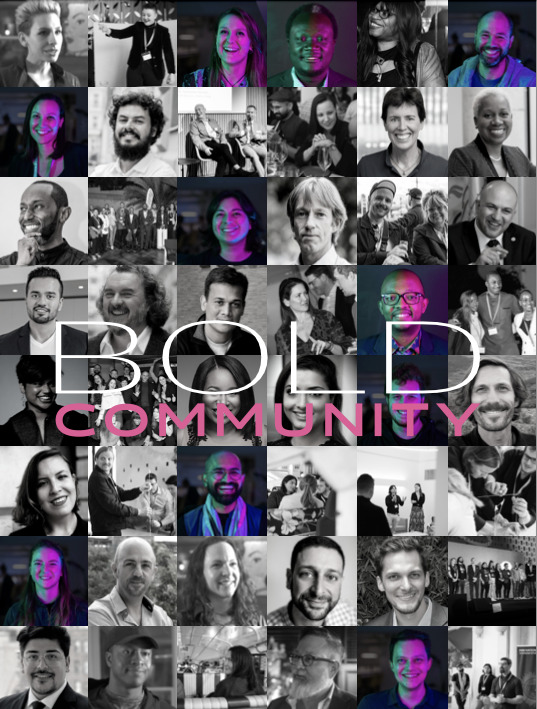Best European Founders Want to Go to Silicon Valley and Other Myths of the European Ecosystem

Wait, is there any ecosystem at all? This year State of European Tech report has again shed some light over the mythology around startups, tech companies and VC in Europe. It turns out the #1 myth is that there is actually no real tech ecosystem – stakeholders from France, Benelux and the Nordics get to hear that most often. Other well spread tales are that there’s not enough capital on the tech market and that Europe is not competitive against US and China.
If you continuously compare numbers regarding investments, valuations and market caps from Europe with those from US and China, you might end up thinking that indeed any good founder from Berlin, Paris or London, would already be eyeing on moving to Bay Area to pursue the unicorn dream.
Well,…
The founders and investors themselves seem to be not in that mood at all. The State of European Tech survey has busted those myths by diving deeper in the data and actually asking the active part of the stakeholders in the ecosystem. Here is what the data says:
#1 Europe is not irrelevant and its share of public tech market cap versus the US and China is growing
The market cap of public European tech companies make 8% up compared to the market caps of US and Chinese tech companies. However, the most of the US companies’ market cap is taken up by the five best-known digital companies, which are indeed over 20 years old – Alphabet, Amazon, Apple, Facebook and Microsoft. In other words – the plain numbers are not always the most relevant indicator for snapshots and comparison. The authors of the report suggest it would be much more accurate to look at the market caps of those public tech companies founded after 2006.
The data shows that the European tech and software companies founded in the past 12 years actually make up 21% of the total global market cap and Europe has been eating the US pay in this segment (US companies founded before 2006 – 68%, after 2006 – 47% of the market cap).
#2 European founders would rather stay in Europe
As European investment funds and different organizations are opening up US offices to support founders in entering the US market, it stands a reason that Europe is preparing to export founders. Of course not, having sales in Bay Area and New York doesn’t mean the founder, the business, the IP and the added value are running away from Europe.
Over 82% of the founders participated in the survey stated that they would stay either where they are now or move to another European city. The group of entrepreneurs willing to head to Silicon Valley or another area of the US is comparably small – 6.2% and 3%.
#3 Stock options are getting a more relevant tool to retain talent
European tech companies have not been using stock options as effectively as a tool to attract, incentivize and retain talent as US ones. However, there are signs that the latest generation of companies from Europe has turned this trend around. Data suggests that 3% of seed stage startups, 6% of Series A, 9.2% of Series B and 9.4% of Series C companies are owned by the employees. The numbers in the US don’t differ much. Furthermore, in companies that have bypassed the seed stage, there are executives and managers (different than the founders) who also own shares and the level is the same as in the US.
The report suggests that there is still work to do but thanks to European VCs, such as Index Ventures and Balderton, more founders are starting to take this issue seriously and the rest will follow suit. The authors of State of European tech argue that governments need to ensure the implementation of progressive policies around use of stock options do not lag behind this evolved attitude among European founders.
+++Suggested read on alternative approaches: Wetonomy and the DAO incentive system +++
#3 GDPR has not ruined European business
Yes, this year a lot of companies were blocked for around a month while trying to comply with the new European data regulation policy. And yes, many companies needed to pay expensive consultants or start their mailing lists all over again. Indeed founders from UK and the DACH region were hit the hardest by the new regulations and say this was the greatest regulation challenge of 2018. However, this has not ruined the business.
The European tech community actually takes a positive view on the impact of GDPR, especially in terms of whether it has been a good thing for European consumers. There is a more nuanced perspective on whether it has had a negative impact on their own companies but the authors argue it is rather seen as necessary cost to scale ethically.
Here are the all key numbers you need to know about the European Tech Ecosystem




























